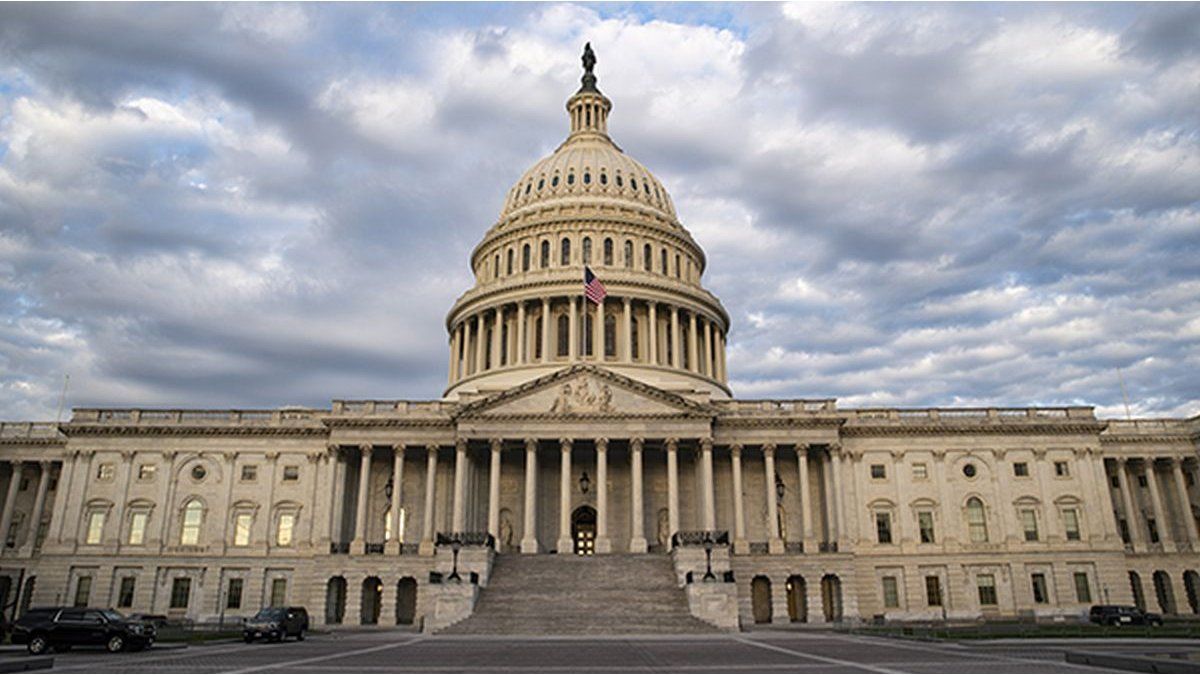Within the framework of a report which the multilateral organization presented to the press from Washington by teleconference, the chief economist for Latin America and the Caribbean of the World Bank, William Maloney referred to Argentina’s economy and analyzed the proposal of the La Libertad Avanza candidate. Furthermore, he talked about the possibility of hyperinflation.
The World Bank on dollarization
Regarding the currency change, Maloney spoke about its effects on inflation but also pointed out the negative consequences that a dollarization could generate in the economy.
Along these lines, he maintained that “it can be useful to manage inflation expectations” but that if this is not accompanied by a fiscal reform it can produce “other distortions and problems”.
In that sense, he indicated that what there needs to be a “serious attitude on the part of governments to be able to solve the problems of inflation” with the implementation of a fiscal balance package.
In addition, he pointed out that currently there is no basis for talking about hyperinflation. “We are in the middle of an election and it is difficult to extrapolate what can happen, it is early to talk about hyperinflation,” she said and explained that to enter into a process of price spiralization There has to be “more than 50% inflation per month and we are not in that.”
Regarding the current economic situation in Argentina, Maloney did not hesitate to highlight that this year it was “strongly affected” by the drought.
goldman sachs 1200.jpg
Goldman Sachs’ warning about dollarization
In a report titled “Argentina: Is dollarization an offer that cannot be rejected?”the investment bank Goldman Sachs He also referred to “the costs and disadvantages” of the dollarization proposed by Milei, understanding that to apply it the country needs “a context of solid macroeconomic policy and a disciplined fiscal policy,” something that in Argentina “is not a fact.” “.
“Without fiscal discipline, dollarization could be very painful or eventually collapse,” warned the North American bank, for which Argentina’s macroeconomic outlook “is in a state of indisputable deterioration.”
For Goldman Sachs, full dollarization would imply:
- Loss of seigniorage income from the issuance of national money.
- Loss of control over the money supply, that is, the money supply becomes exogenous.
- Limits on the Central Bank’s ability to act as a lender of last resort (since printing is closed).
- Loss of the ability to use monetary and exchange rate policy to respond to shocks, both through the exchange rate, which can act as an automatic stabilizer/absorber of shocks, and through interest rate policy, which can help smooth out fluctuations in the economic cycle.
Consequently, the bank warned: “dollarizing is not an easy step from a technical and legal point of view. Preserving it and benefiting from that monetary agreement in the long term is even more difficult. There are several economic characteristics, or preconditions that mitigate the costs of adopting the dollar as currency. In our evaluation, neither is really fulfilled in the current Argentine context.
Source: Ambito




